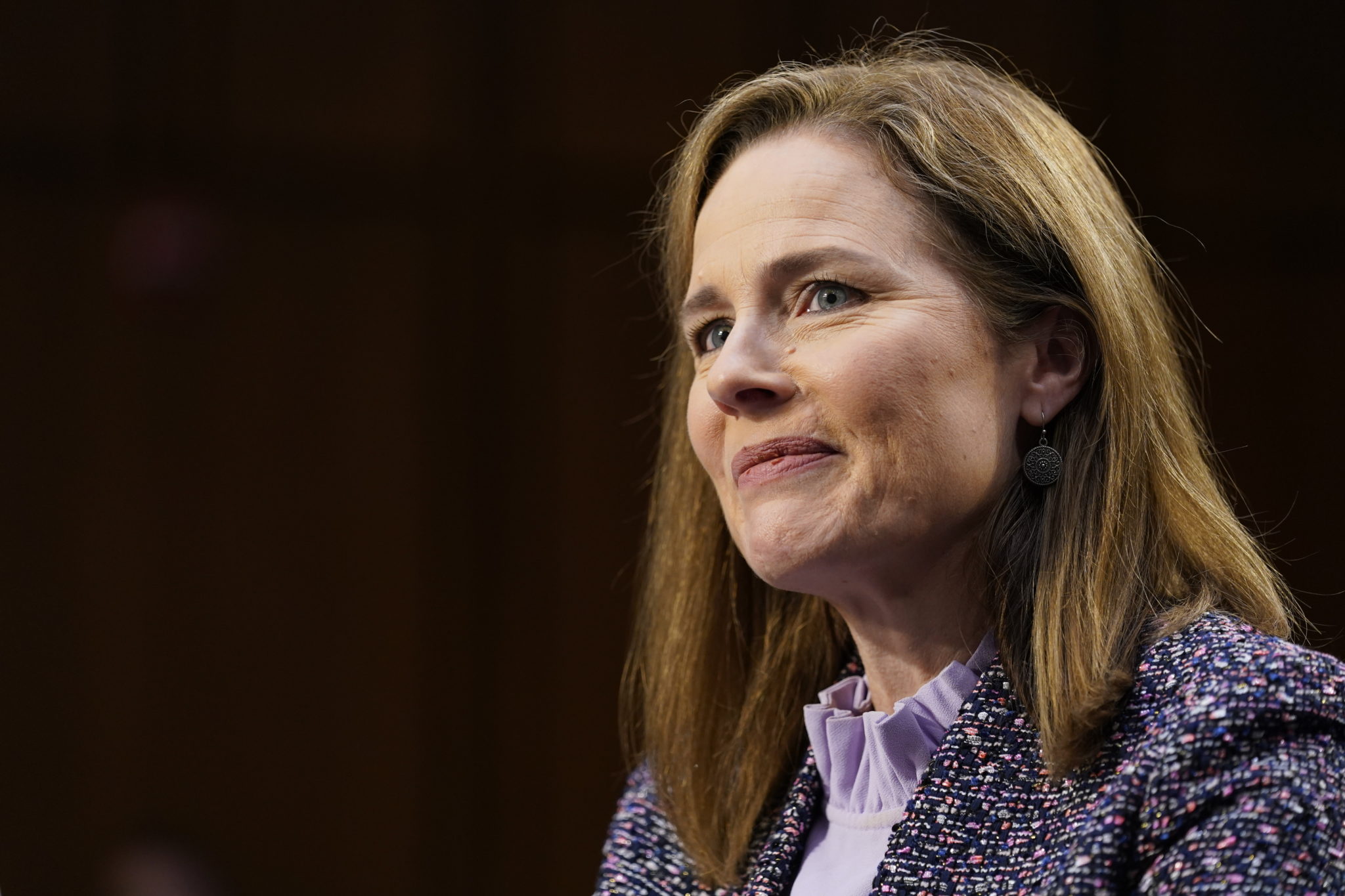By ruling once again in favor of religious exceptions against COVID restrictions in California, the conservatives on the Supreme Court are showing themselves to be out of step with an increasingly secular America:
The Supreme Court late Friday night lifted California’s restrictions on religious gatherings in private homes, saying they could not be enforced to bar prayer meetings, Bible study classes and the like. The court’s brief, unsigned order followed earlier ones striking down limits on attendance at houses of worship meant to combat the coronavirus.
The vote was 5 to 4, with Chief Justice John G. Roberts Jr. joining the court’s three liberal members in dissent.
The decision constituted a reversal of one made when Ruth Bader Ginsburg was on the Court, allowing governors to restrict religious functions to be in keeping with state rules. Since the installation of Amy Coney Barrett, the Court has since reversed those decisions in both California and New York.
The conservative-dominated Court’s position strains credibility on the merits. The majority opinion tried to claim that religious rights were unequally impacted because hair salons were open while multi-family religious gatherings in houses were not. But as the minority opinion authored by Justice Kagan rightly noted, this is comparing apples and oranges. All home gatherings of more than three families are banned regardless of purpose, religious or otherwise:
California “does exactly that,” she wrote, adding that it adopted a blanket restriction on home gatherings to three households, “religious and secular alike.”
“California need not, as the [majority] insists, treat at-home religious gatherings the same as hardware stores and hair salons — and thus unlike at-home secular gatherings, the obvious comparator here,” Kagan wrote.
By giving religious gatherings a blanket exemption to crucial health rules in a pandemic, the Court’s conservatives are not only wrongly placing religious groups above all other protected classes under the law. They are also placing themselves severely at odds with public opinion. According to a Pew poll last year, a full 79 percent of Americans believe that religious groups should have to follow the same social distancing rules as everyone else–including an overwhelming 65% of Republicans. The Federalist Society faction of the Court, then, is not only using specious reasoning to invent inappropriate religious exceptions, they are also doing so in a deeply unpopular way.
Relatedly, it is noteworthy that the conservative majority on the court has dedicated itself to promoting the interests of factional religious extremism at a time when Americans are now more secular than ever. For the first time in recorded polling, fewer than half of all Americans now align with a particular church or center or worship. The numbers are in steady decline as well: the likelihood of membership in a religious organization decreases with age.
This is a crisis for American conservatism and for the Republican Party. But it is also a crisis for the legitimacy of a Supreme Court that is using the promotion of private religious authority as a bulwark against growing public social liberalism.
The anti-majoritarian structural imbalances of the electoral college, the filibuster, Senate apportionment and gerrymandering have taken center stage of late in the context of state-based GOP voter suppression laws and efforts to pass badly needed voting reforms. But the makeup of the Supreme Court is another key concern. Five of the court’s nine justices (and, of course, hundreds of lower court judges) have now been appointed by presidents who lost the popular vote. There is also a strategic imbalance: the Court’s conservative justices (except occasionally for Chief Justice Roberts) now function almost as political apparatchiks to preserve conservative power in a way that the Court’s liberals do not: Justice Anthony Kennedy retired during the Trump presidency to ensure that a conservative would replace him. Justice Ruth Bader-Ginsburg did not act similarly under Obama, which allowed far-right justice Amy Coney Barrett to be her replacement. Similarly, Justice Stephen Breyer is showing no inclination to retire, leaving the possibility of yet another loss for liberals on the Court only a single Senator’s misfortune away from reality.
It is with good reason, then, that the Biden Administration has convened a panel to explore options for expanding the Supreme Court. A court this dedicated to conservative religious radicalism, one mostly appointed by presidents who lost the popular vote, cannot maintain credibility with an increasingly secular public that does not deserve to be oppressed by their factional whims.
If American democracy is to survive and justice prevail, the Court must be reformed alongside gerrymandering, the Senate and the electoral college.



